 Last Sunday, I was invited to teach by the formators of the Form 4 (that's Year 10 in the UK and 10th Grade in the US, about age 16) catechism class. They're a year away from Confirmation and their formators and generously invited me to talk to them about Lent.
Last Sunday, I was invited to teach by the formators of the Form 4 (that's Year 10 in the UK and 10th Grade in the US, about age 16) catechism class. They're a year away from Confirmation and their formators and generously invited me to talk to them about Lent.The class began with their teacher asking for a volunteer to say the opening prayer. After a long period of silence, she began the prayer herself and I took the stand.
I began by telling the class that there was a recent survey done in America on people's greatest fear. The findings were rather surprising as people were apparently more afraid of public speaking than death. Death! They would rather die than speak in public. To me that's shocking. I'm thinking that this is particularly true for Catholics. Ask a group of Catholics for a volunteer to say a prayer and you can feel the silence that would suddenly descend as people try their darndest to avoid your gaze lest you should choose them.
 Many Catholics fear to pray aloud. When they hear Protestants waxing eloquent about this and that in Jesus name we pray, they marvel and are dumbfounded, and are perhaps even a little bit jealous. There may be several reasons as to why Catholics are afraid to pray aloud. Perhaps prayer to them is an intense and private affair between them and their Creator, perhaps they are unaccustomed to praying out loud, perhaps they are afraid that they will fumble the words, perhaps they are afraid of embarrassing themselves, perhaps they are just daunted by the very idea of standing up and doing something which will draw attention to themselves, make them stand out.
Many Catholics fear to pray aloud. When they hear Protestants waxing eloquent about this and that in Jesus name we pray, they marvel and are dumbfounded, and are perhaps even a little bit jealous. There may be several reasons as to why Catholics are afraid to pray aloud. Perhaps prayer to them is an intense and private affair between them and their Creator, perhaps they are unaccustomed to praying out loud, perhaps they are afraid that they will fumble the words, perhaps they are afraid of embarrassing themselves, perhaps they are just daunted by the very idea of standing up and doing something which will draw attention to themselves, make them stand out. However, our Catholics are not the only ones with this problem. They might be comforted to know that they are in good company.
However, our Catholics are not the only ones with this problem. They might be comforted to know that they are in good company.This was a problem in the time of Jesus as well. Not everyone could be like the Pharisees and spout long extemporaneous prayers interspersed with bombastic words. Many could, like the penitent tax collector, only mumble simple heartfelt prayers such as, 'Lord, have mercy on me, a sinner'. (Luke 18:10-14) But it was sufficient.
 Jesus prayed very frequently. He stayed up for long periods of time praying and prayed before the major events in His life such as choosing the disciples and undergoing the Passion.
Jesus prayed very frequently. He stayed up for long periods of time praying and prayed before the major events in His life such as choosing the disciples and undergoing the Passion.So, one day, the disciples, who, like modern day Catholics, perhaps did not know how to pray properly, asked Him to teach them. And so Jesus did. He taught them what many consider to be the perfect prayer, a prayer that the disciples have come to name after the Lord Himself, the Lord's Prayer, the Our Father.

Simple in its construction, down to earth in its concerns, bereft of large bombastic words, a prayer for both saints and sinners encompassing within its sentences the summary of the whole Gospel, according to the 2nd century theologian, Tertullian.
Our Father, Who art in heaven,
Hallowed be Thy Name.
Thy Kingdom come.

Thy Will be done, on earth as it is in Heaven.
Give us this day our daily bread.
And forgive us our trespasses,
as we forgive those who trespass against us.
And lead us not into temptation,
but deliver us from evil.
Amen.
We will look at this prayer in more detail tomorrow and try to unearth the gems and riches that this prayer contains.
"The Lord's Prayer "is truly the summary of the whole gospel." "Since the Lord...after handling over the practice of prayer, said elsewhere, 'Ask and you will receive,' and since everyone has petitions which are peculiar to his circumstances, the regular and appropriate prayer (the Lord's Prayer) is said first, as the foundation of further desires."
- Tertullian, De orat.
from the Catechism of the Catholic Church; 2761.
![[Unam Sanctam]](https://blogger.googleusercontent.com/img/b/R29vZ2xl/AVvXsEiymQ2adTjpZ1ABhPBbBBquiPCxeQrc4Jy_97vOikT0wGQeJleriiXQy6ebnb0jrYe-TfvcK77txStB4aIwVAdD41ZdMkVfNtFGC0JX6LBV9B8mfeRZaIAM7Sj-011ag3DiKQzv/s1600/headerdivinemercy.jpg)












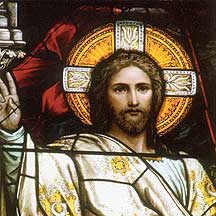







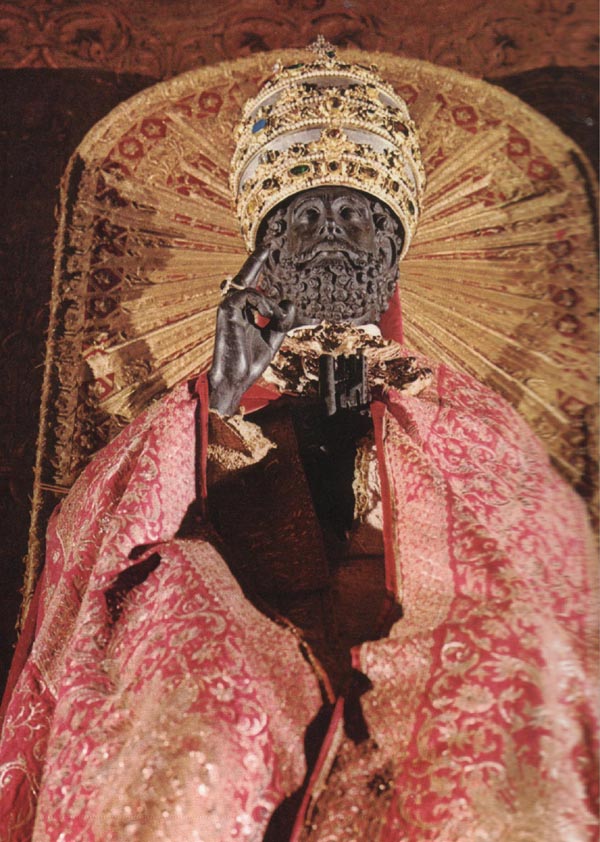
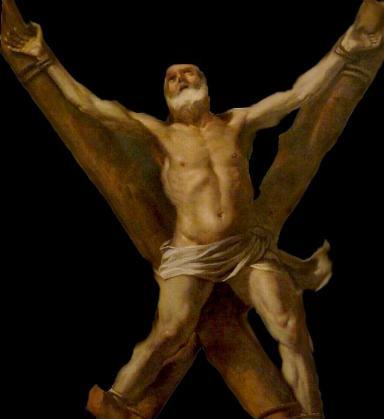




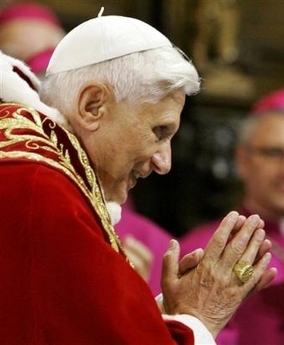






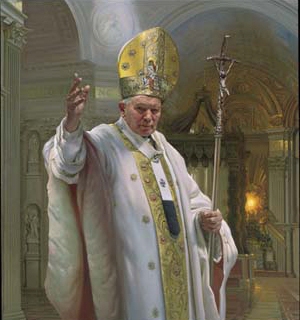
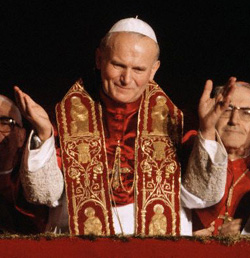
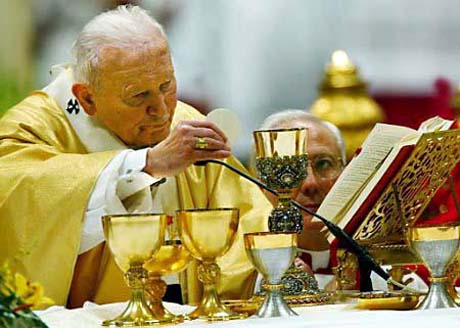







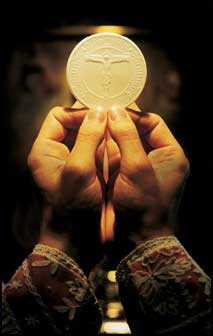
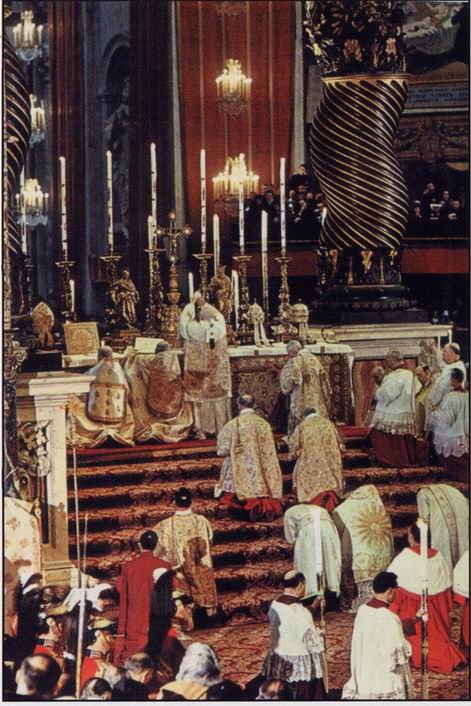

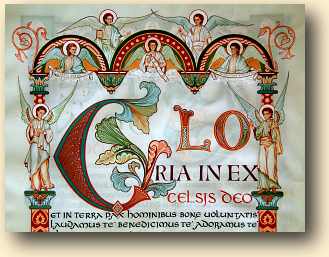

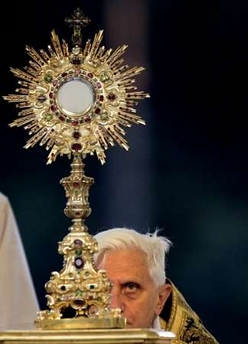


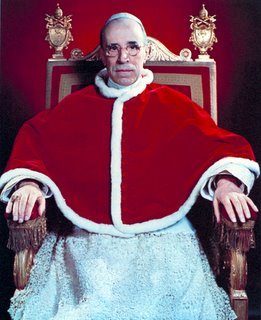




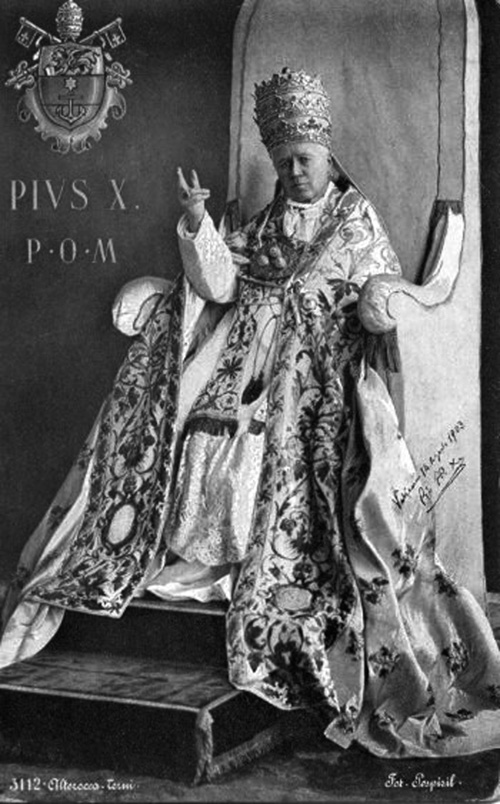



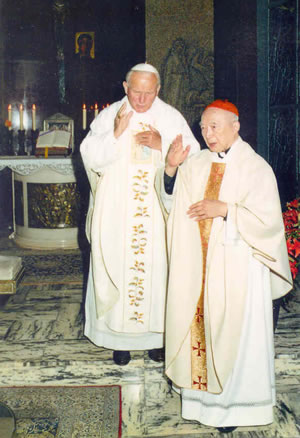





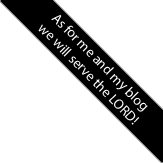
1 comment:
ah...the disease still persists....
Post a Comment